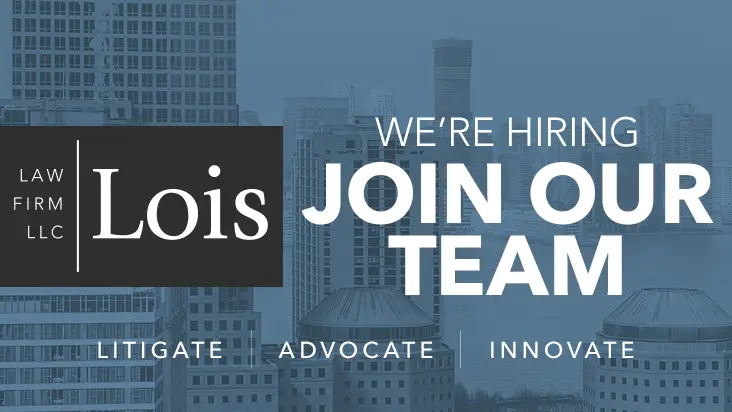LOIS Associate Bradley Haymes obtained a WCL Section 114-a finding with mandatory and discretionary penalties in a New York Workers’ Compensation claim. The Claimant was running a secret plumbing business while collecting temporary total disability benefits and telling his doctors that he could not work. Haymes discovered the Claimant’s fraudulent activities through covert surveillance of the Claimant driving his private company work van. Haymes also received an email from one of the Claimant’s regular customers, stating that the Claimant had installed a hot water heater and overcharged.
At trial, the Claimant alleged that his cousin was the one doing the work and that he did not know how his cousin was paid. Haymes argued that the Claimant was performing the work himself. To build the fraud argument, Haymes pieced together the covert surveillance against contemporaneous medical reports, an invoice from the Claimant’s plumbing business attached to the customer’s email (which directed that payment to be made to the Claimant), and the Employee Claim Form C-3 that did not disclose his work activity. Of note was the fact that the invoice matched the Claimant’s home address, phone number, and signature provided on his C-3.
The Law Judge held that the Claimant was, at a minimum, passively running a business while telling his doctors he was not working in any capacity. He also found that the Claimant failed to disclose on his Form C-3 that he had returned to employment. The Law Judge ruled that the Claimant must inform the Board of information when it is expected of him, such as for passive activity and gathering income. The Law Judge penalized the Claimant with forfeiture of previously paid Workers’ Compensation benefits and future preclusion of receiving compensation indemnity and permanency benefits.




